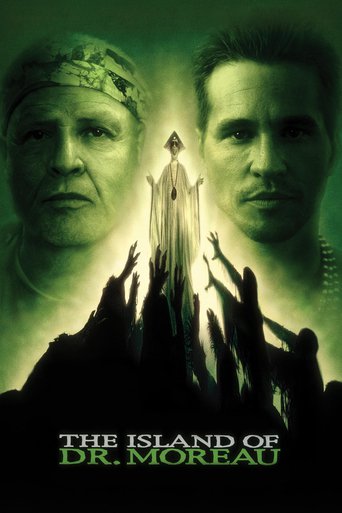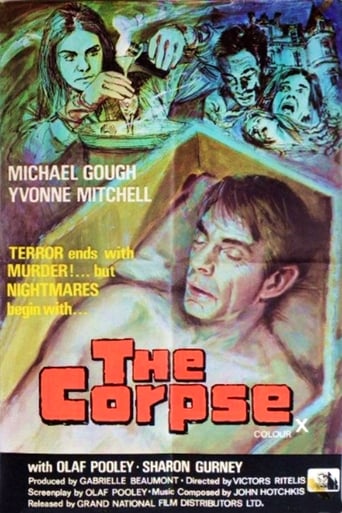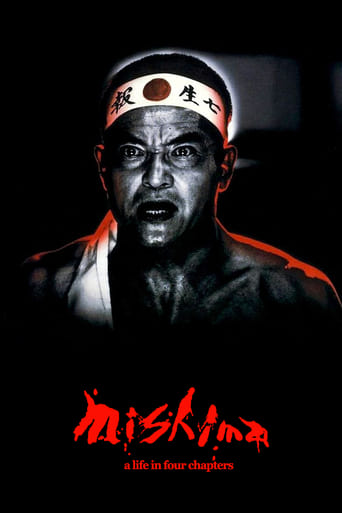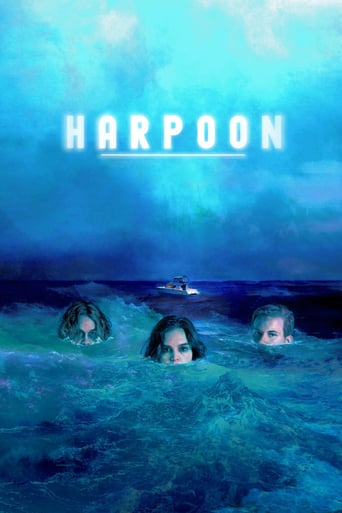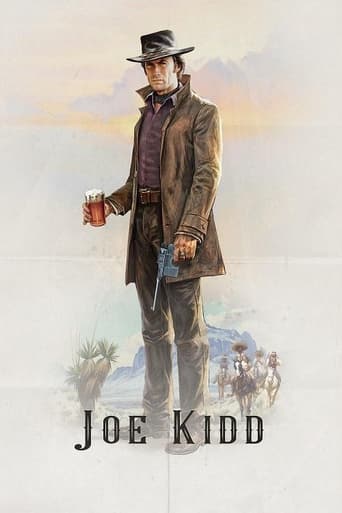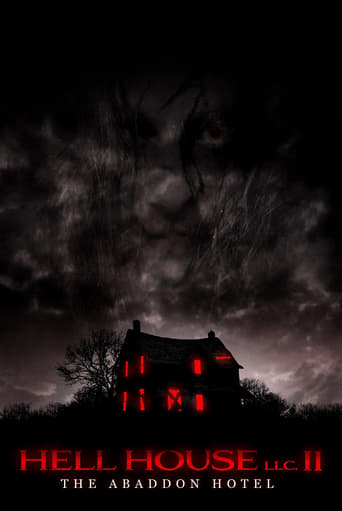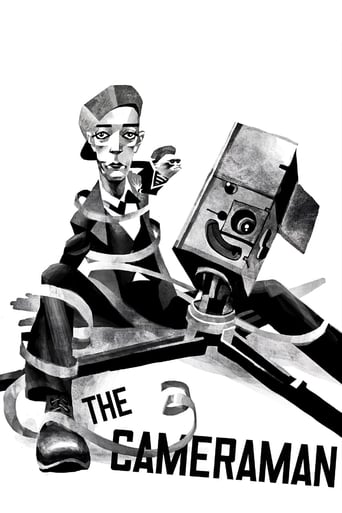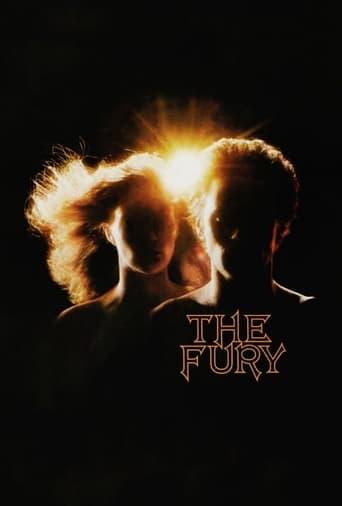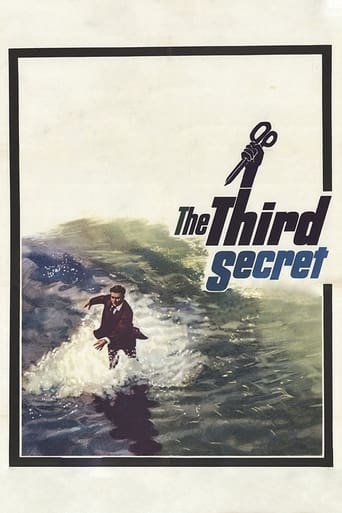


The Third Secret
A prominent London psychologist seems to have taken his own life, causing stunned disbelief amongst his colleagues and patients. His teenage daughter refuses to believe it was suicide as this would go against all of the principles her father stood for, therefore she is convinced it was murder. She enlists the help of a former patient to try to get to the truth. However, the truth turns out to be both surprising and disturbing.
-
- Cast:
- Stephen Boyd , Jack Hawkins , Richard Attenborough , Diane Cilento , Pamela Franklin , Paul Rogers , Alan Webb


Similar titles
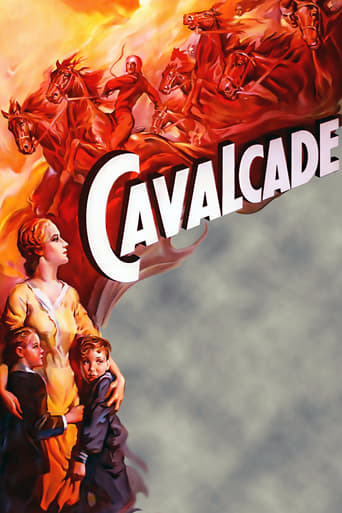
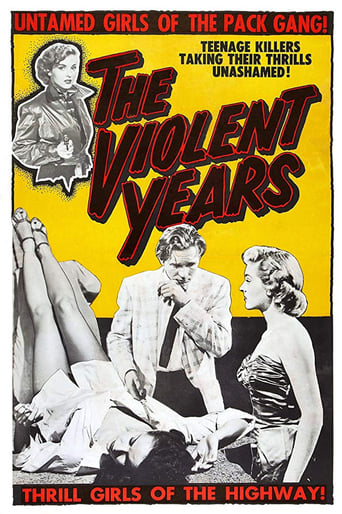
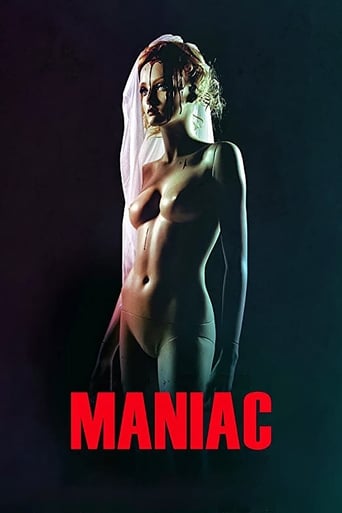
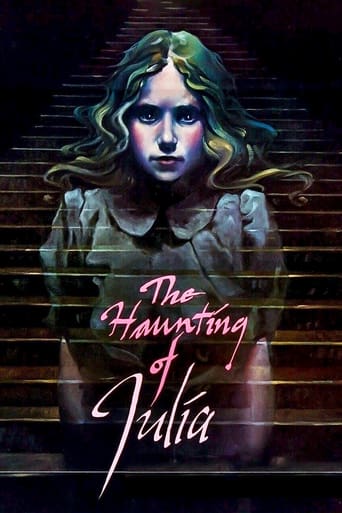
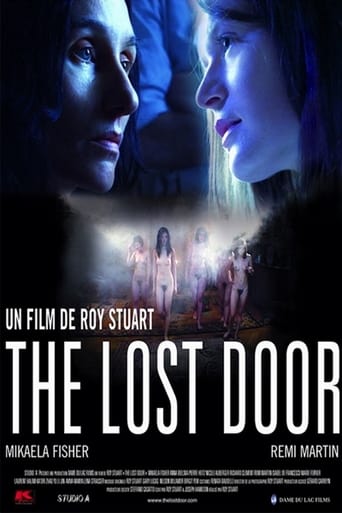
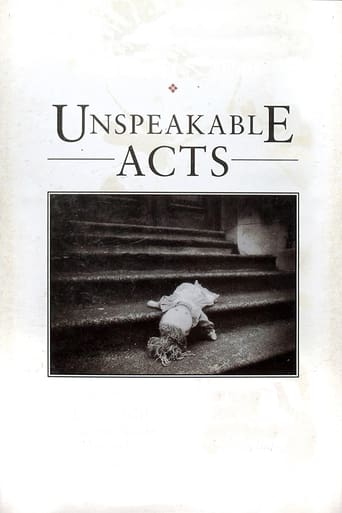
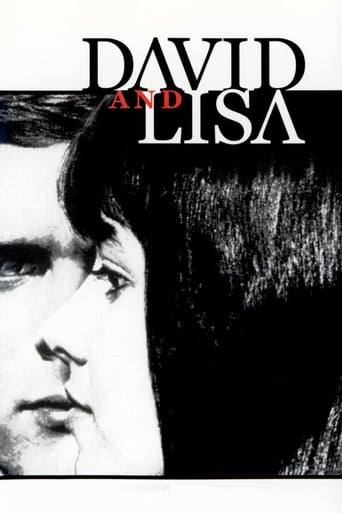
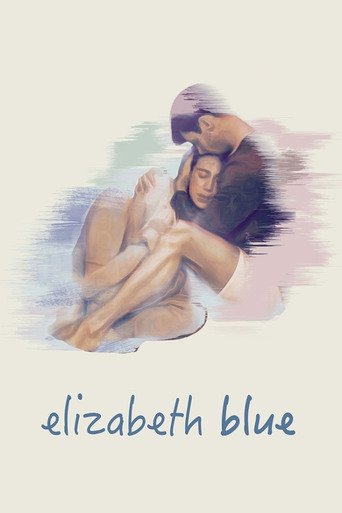
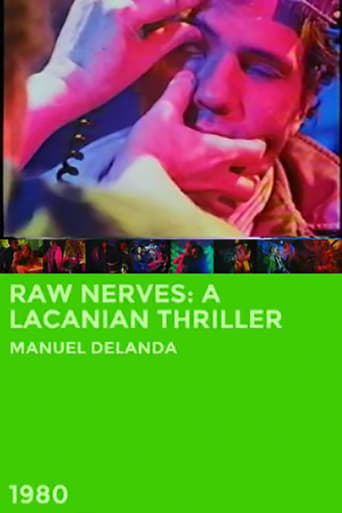
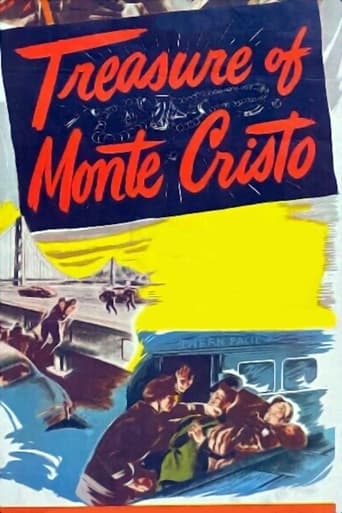
Reviews
Better Late Then Never
The storyline feels a little thin and moth-eaten in parts but this sequel is plenty of fun.
It is neither dumb nor smart enough to be fun, and spends way too much time with its boring human characters.
It is a whirlwind of delight --- attractive actors, stunning couture, spectacular sets and outrageous parties. It's a feast for the eyes. But what really makes this dramedy work is the acting.
A Robert L. Joseph Production, filmed in black-and-white CinemaScope at the Elstree Studios of Associated British Picture Corp. Copyright 28 April 1964 by Hubris Productions Ltd. Released through 20th Century-Fox. New York opening at the Trans-Lux: 28 April 1964. U.S. release: April 1964. U.K. release: November 1964. Sydney opening at the Embassy. 9,239 feet. 102 minutes.SYNOPSIS: Dr. Leo Whitset (Peter Copley), an eminent psychoanalyst, is found dying from a gunshot wound in the consulting room of his London home. The few words he whispers to his housekeeper, Mrs Bales (Freda Jackson), before he dies, in conjunction with other evidence, lead the coroner to pronounce a verdict of suicide. Dr. Whitset has restricted his private practice to a select group of patients, devoting most of his time to research and teaching. Alex Stedman (Stephen Boyd) had been one of those few private patients. An American living in England, Stedman is one of the country's leading television news commentators, whose outspoken views have made him a celebrity. The loss of his young English wife and daughter in a tragic accident has made him bitter and wary of all emotional entanglements. But under the care and influence of Dr. Whitset, Stedman had begun to find the first glimmer of self-understanding and acceptance. The doctor's sudden and inexplicable suicide, therefore, is a crushing blow, a denial of everything he had stood for. NOTES: When originally shot, the film had a segment with Patricia Neal. Because it was felt the film ran too long, her role has been completely eliminated.COMMENT: "The Third Secret" is a long and rather talky affair, directed by Charles Crichton of all people, here to some extent abandoning his usual stiff and ruthlessly routine style. Considering the ambiguous and somewhat illogical and unconvincing nature of their characters, the players do a good job, particularly young Pamela Franklin who gives a positively stunning performance (even if her part, like many of the others, could stand some trimming). Perhaps the one character whose part would not be improved by trimming is Richard Attenborough who is brilliantly unrecognizable as the pathetic art dealer Price-Gorham. On the other hand, Mr. Boyd puts a brave front on his characterization with its illogical and obtuse motivation, and its strands which repel audience sympathy (his callousness towards the Diane Cilento character for instance); as does Miss Cilento on a similar character — though hers is sympathetic all the way, even when we don't understand her. Sharper film editing would have removed some of the confusion.Hawkins tends to over-act, but he certainly holds audience attention brilliantly, as does Paul Rogers with his chilling exposition of the psychotic. Other roles are small though all are very competently played. Freda Jackson perhaps over-acts a trifle in her brief portrait of the housekeeper, while Alan Webb plays the uncle much too stridently, but Judi Dench is perfect as the harried little gallery assistant.Slocombe's moody, misty photography is a major asset, as is the atmospheric music score and brilliant art direction perfectly capturing the mood and atmosphere of many vastly different scenes. Production values are excellent.OTHER VIEWS: For once in his life, Charles Crichton has directed a picture creatively. Presumably the impetus has come from scriptwriter/producer Robert L. Joseph; or maybe it was the challenge of the large CinemaScope frame; or the difficulty of the subject. Anyway, Crichton has brought it all off marvelously well. Attenborough is superb, Douglas Slocombe's camera-work breathtaking. — JHR writing as George Addison.
Just to elaborate on certain comments about Pamela Franklin; she was born in 1950, and 'The Third Secret' was made in 1964, which made her... 14. Not 18, although she may have seemed precociously mature for her age - but then, that's very much part of the fabric of the film. Her scenes with Boyd carry a sexual tension that film-makers and society in general were brave enough to confront at that time. Indeed, don't films from the 60s and 70s (until Star Wars brought serious cinema crashing down) seem terribly grown up? Although Charles Crichton was an Ealing man, his work here is more reminiscent of the Woodfall school of British realism, and light years away from his comedic timing in 'The Battle of the Sexes'. It's hard to deny that the dialogue gets a bit stodgy at times - a pity, since the screenplay contains a great many sly clues to the solution which can get lost amidst the psycho-babble. This was made at a time when much of the UK's cinema was in the hands of serious craftsmen and women - their films are exemplary lessons in thoughtful, considered cinema. However, in this case, fine technique fails to overcome a wordy screenplay, although it's a close-run thing.
Charles Crichron had already succeeded in the difficult task of having an adult and a child perform together :"the hunting" was one of the most moving British movies of the fifties as well as Dirk Bogarde's first important role .The Stephen -Messala-Boyd/Pamela Franklin pairing may seem strange first but this girl was really a wiz kid for she had already proved it in such works as Clayton's "the innocents" and "our mother's house" .Some kind of Jodie Foster of the sixties,she didn't make the career she deserved.A shrink has been murdered and his patients are all suspects;Boyd portrays one of them,investigating the others 'life and meeting his daughter (Franklin) ,a disturbed girl who writes strange lines on a wall and who seems to know things better left unsaid.Many scenes take place by the sea on a lugubrious beach children forgot a long time ago.Intriguing.
After a distinguished 15-year service for British cinema, director Charles Crichton (like several of his contemporaries) defected to TV at the start of the 1960s and only made the occasional feature film thereafter the most notable of which were this star-studded psychological thriller and his Oscar-nominated swan song, A FISH CALLED WANDA (1988). Irish actor-turned-Hollywood star Stephen Boyd plays the lead, an expatriate American newsman, who is engaged by precocious teenager Pamela Franklin to delve further into the mystery surrounding the would-be suicide of her celebrity psychiatrist father. She firmly believes that he was murdered by one of his very exclusive clientèle and pinpoints knighted Judge Jack Hawkins, mousy art dealer Richard Attenborough (who has a very young Judi Dench for his assistant) and insecure secretary Diane Cilento as the main suspects; a fourth was initially to have been played by Patricia Neal but her entire subplot was dropped prior to the film's release! After some initial trepidation (he does not want it known that he was also being treated by the dead psychiatrist) and anguish (feeling betrayed by the psychiatrist for abandoning him, he demolishes the latter's office in front of his daughter's very eyes!), Boyd approaches the 3 ex-patients who, understandably, are unwilling, unable or just too distraught (Cilento herself commits suicide after realizing the real reason why Boyd had slept with her) to be of any real use to him in the investigation. Consequently, when all available avenues seem to have led to a dead end, Boyd becomes cognizant of the possibility that the truth might be much closer to home than he at first suspected. Indeed, Franklin seems inexplicably hostile to her guardians (Rachel Kempson and Alan Webb) and bonds with Boyd instead through a game of 'complete the quotation' scribbled on walls (which she used to play with her late father). Co-written by its producer Robert L. Joseph, the film is, perhaps necessarily given the subject, full of pretentious chat but is also cleverly decked out with a Freudian dream sequence and the afore-mentioned starry cameos which, actually, makes Pamela Franklin's outstanding performance all the more remarkable an achievement. Besides, in view of how the plot eventually works out, it is hard not to presume the influence of Orson Welles' fascinating MR. ARKADIN aka CONFIDENTIAL REPORT (1955) or the anticipation of Richard Rush's much-maligned COLOR OF NIGHT (1994)...

